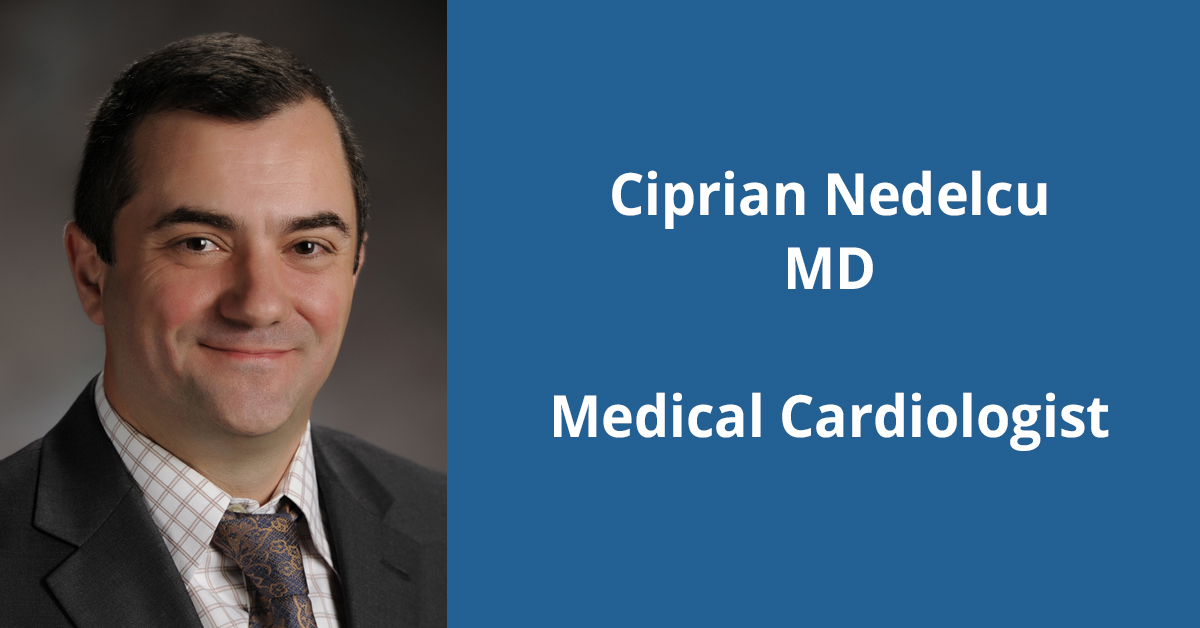
When a patient’s cardiovascular risk increases or their heart health decreases, they may need more than the care a primary care physician can provide. It might be time to seek the expertise of a specialist.
One of the more commonly-known heart specialists is the medical cardiologist. These experts treat patients with heart and vascular disease, heart failure and congestive heart failure, among other conditions. They work with patients from prevention (screenings) to diagnosis and through ongoing medical management.
Here are some indications it might be time to see a cardiologist:
- You experience chest discomfort (not chest pain): A cardiologist can make sure any chest discomfort isn’t due to a serious heart condition. Dial 911 if you experience chest pain.
- You have high blood pressure: This condition can cause damage to the arteries, heart, kidneys and can even lead to stroke. A cardiologist can help you manage your blood pressure.
- You have diabetes: Elevated blood glucose levels in diabetics can lead to damaged blood vessels and adversely affect the nerves that control the heart. The American Heart Association lists diabetes as one of seven major controllable risk factors of heart disease.
- You have high cholesterol: An imbalance of good cholesterol and bad cholesterol can negatively impact arterial and heart health.
- You have a family history of heart disease: Family history plays a key role in the likelihood of developing heart disease.
It’s also a good idea to see a cardiologist if any of the aforementioned risk factors worsens and you are a current or former smoker. Smoking (past and present) creates an elevated risk of heart disease.
While getting your heart checked by a cardiologist is important so is making lifestyle changes to improve your heart health. Make changes today to better ensure a healthier heart and a healthier life.